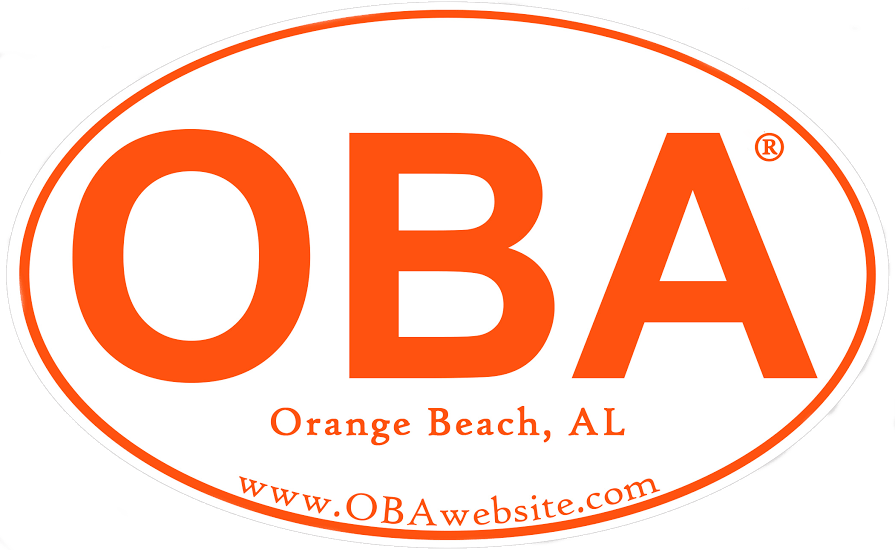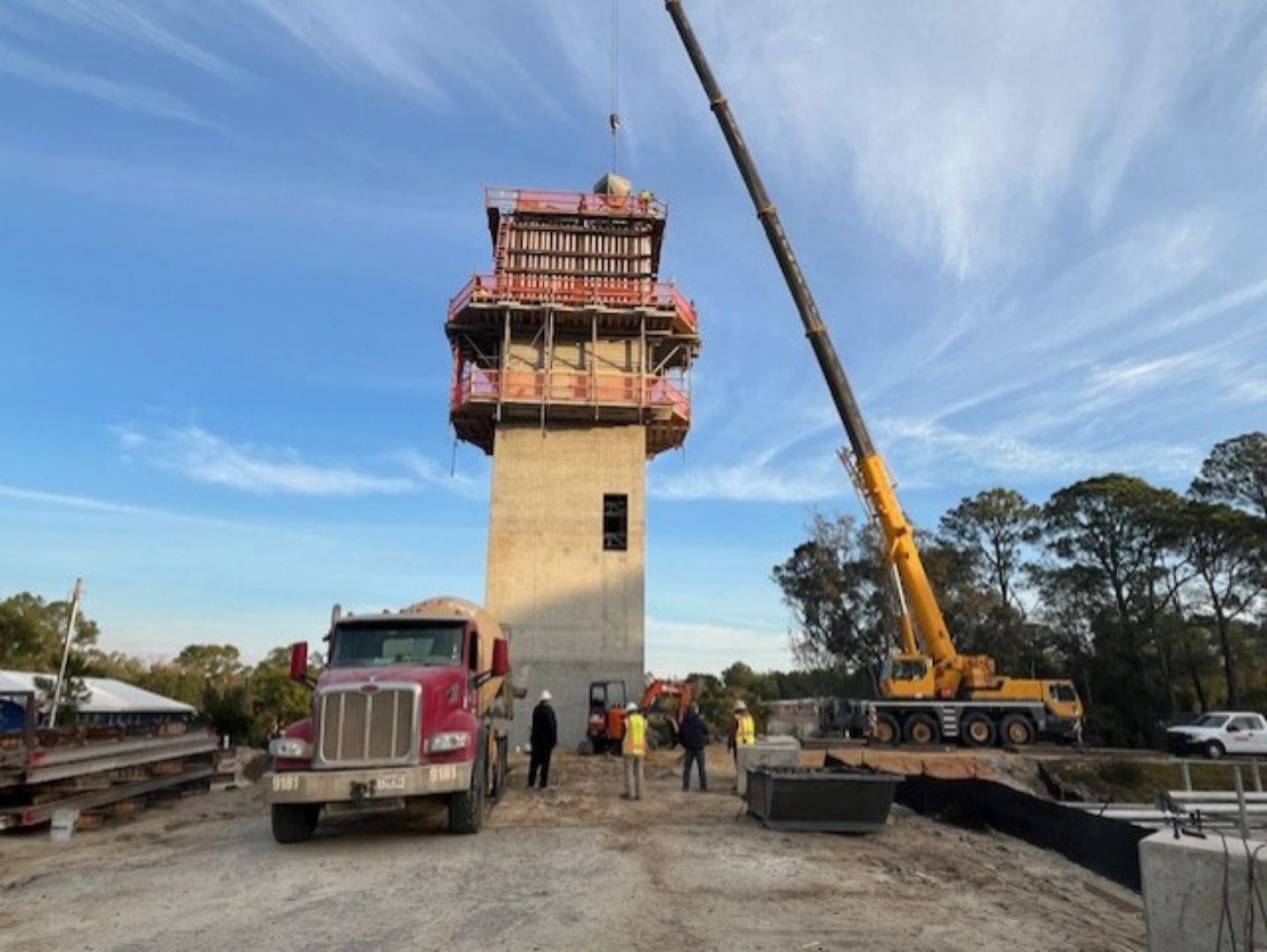Why was the whale in Mobile Bay euthanized
Dauphin Island Sea Lab • November 26, 2020
A necropsy will be performed on the sperm whale
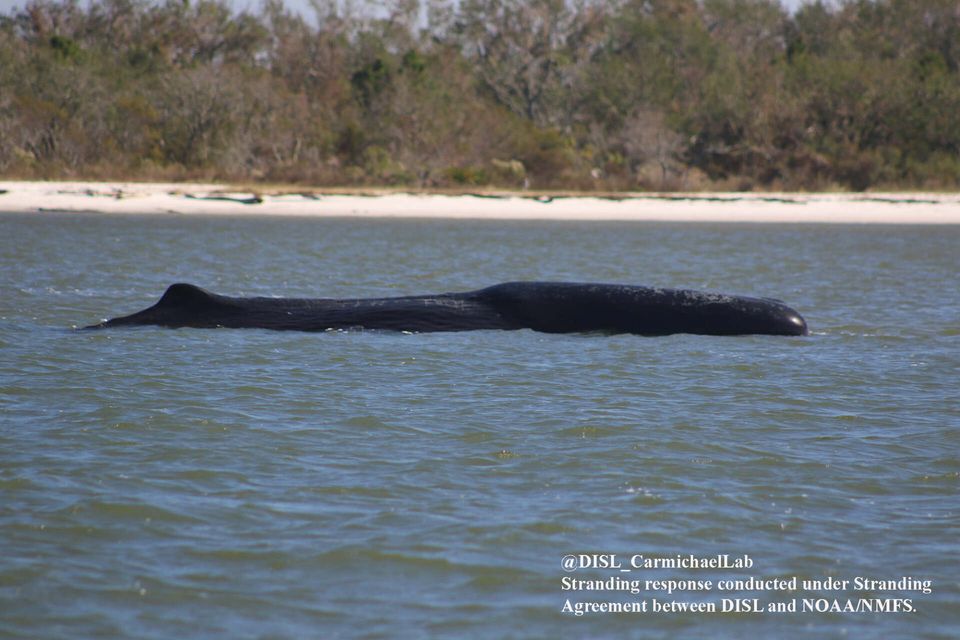
(OBA®) - Mobile Bay - There are many reasons why euthanasia was the best and most humane option for this animal. Below is an explanation courtesy of ALMMSN and NOAA.
The decision to euthanize is made by a team of biologists including staff from the NOAA NMFS Southeast Region and the veterinarians on scene. Euthanasia is by no means an easy option. It is physically and emotionally demanding. For biologists who spend their lives studying and working toward the conservation of these majestic animals, there are no easy options when a marine mammal strands. In all cases, we try to do what is right for the animal with the consideration of the safety of our team.
- The animal was already in poor condition when it stranded, making survival highly unlikely for any marine mammal, but particularly problematic for large whales such as this one (>30 feet long, as much as 30,000 lbs) due to exposure and other stresses.
- The animal is very far from its natural range, which is in waters > 200 meters deep at least 60+ miles offshore (likely more than 100 miles from where it stranded farthest north in Mobile Bay, near Montrose). This means that the animal was already showing an inability to orient itself over any of that distance.
- The animal had opportunities to move in the bay during the subsequent week but restranded multiple times, further indicating a poor prognosis.
- Trying to pull or push a whale of this massive size to open ocean can cause serious internal injury (dislocating bones, damaging muscles), making it far more painful and harmful than helpful, and the animal would likely restrand in any case (due to the original cause of illness or injury, if it survived the relocation). In very few cases have large whales been successfully relocated. According to NOAA, to their knowledge, no one in the country has been able to successfully free-float and release a stranded sperm whale.
- It is difficult to impossible to get any type of towing device onto a live animal this size, a vessel to safely and feasibly move it 100 miles offshore, and remove any towing gear to avoid entanglement, making relocation essentially infeasible.
- There are no facilities to treat or rehabilitate an animal this large even if it were in a suitable condition. The largest facilities and aquariums in the country do not have tanks suitable for the rehabilitation of a whale this size.
Share this article w/ Friends...

Orange Beach, Ala. — (OBA) — The Wharf in Orange Beach is once again investing in the future of Baldwin County’s students through its annual scholarship program. The coastal entertainment destination announced that applications are now open for its sixth annual $10,000 scholarship. The award recognizes one...
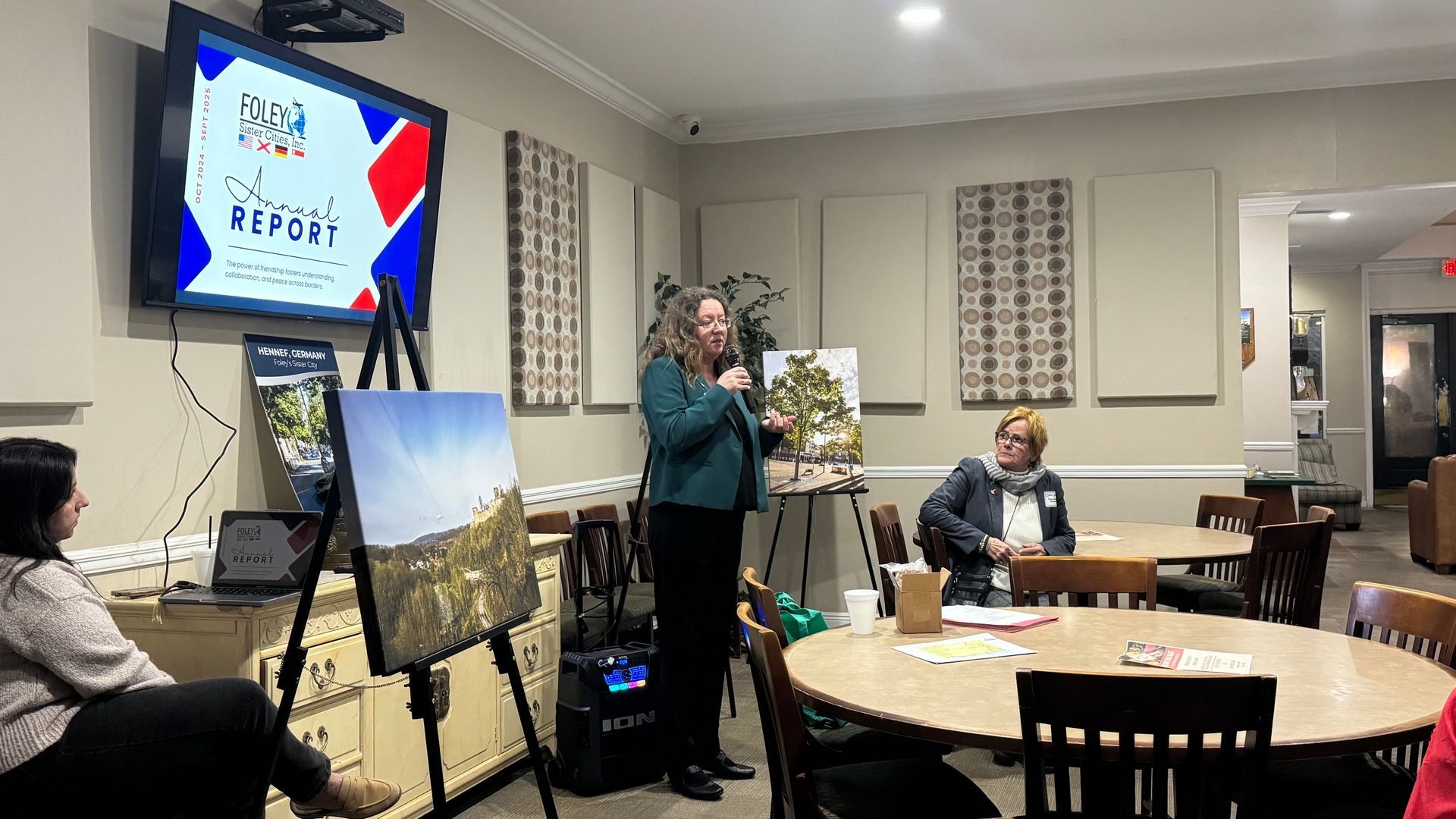
Foley, Ala. — (OBA) — Foley Sister Cities welcomed a high-ranking German official to its annual Global Leaders Advisory Council meeting, highlighting the role of international friendships in promoting peace and understanding. Melanie Moltman, the German Consul General, was the special guest at the gathering and...

Gulf Shores, Ala. – (OBA) – Gulf Shores city schools are looking at making improvements at the city’s Sportsplex to expand facilities for the schools’ athletic teams. Those facilities will better accommodate baseball, softball, football, and soccer teams. Work will include new buildings as well as some renovations...

Orange Beach, Ala. — (OBA) — Who says winter has to be boring? Along the Gulf Coast, we refuse to sit back and wait for the summer to get down with exciting activities–we’re ready to keep you entertained rain, shine, or shiver. This week’s calendar is packed with toe-tapping music, hilarious comedy shows, hands-on...
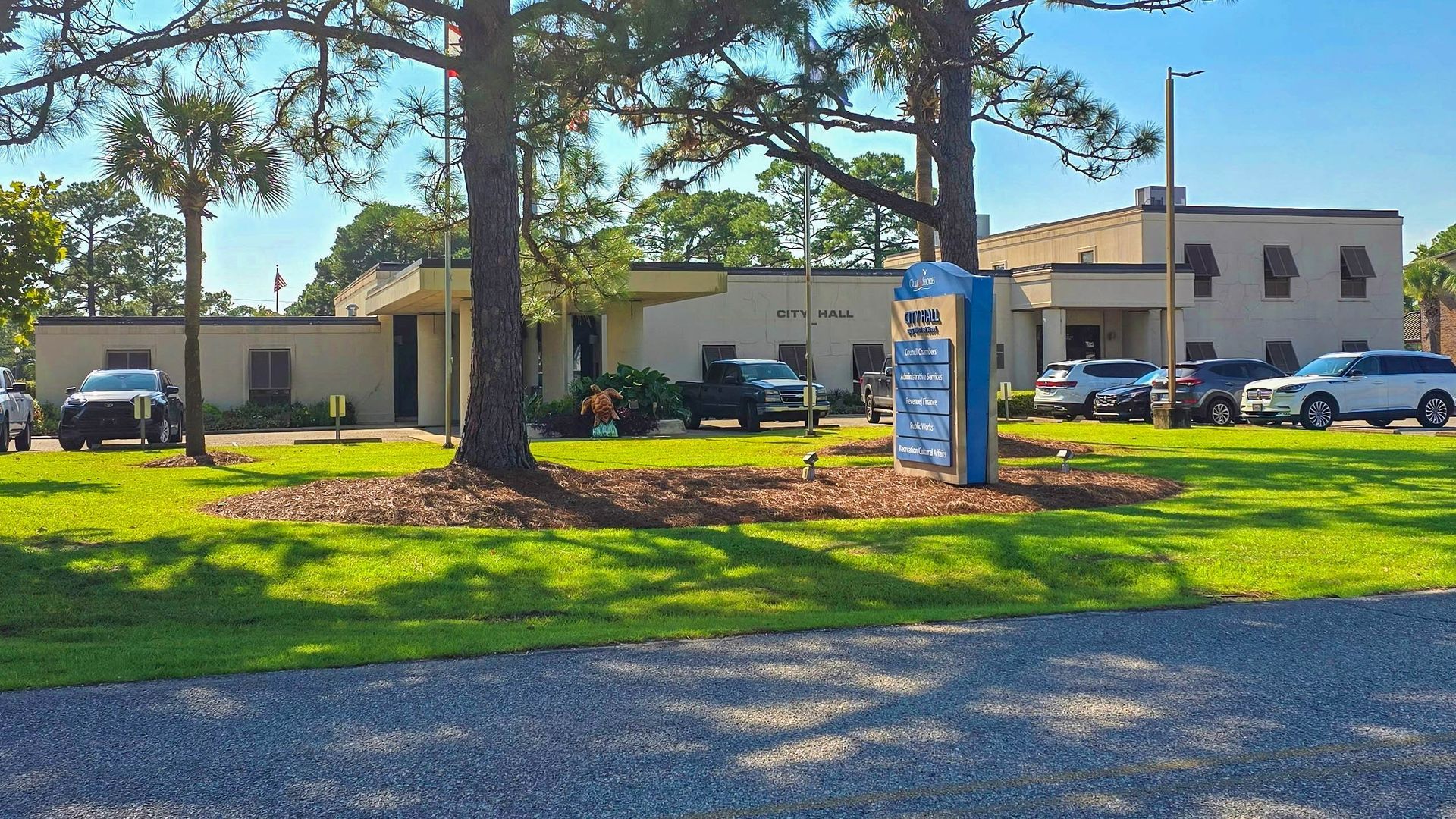
Gulf Shores, Ala. – (OBA) – The city council is poised to take the first step to put in motion a plan to upgrade several city buildings in Gulf Shores. The city hall annex, currently housing the mayor’s office and other departments, is the focus downtown, with improvements and expansions planned for the south side...
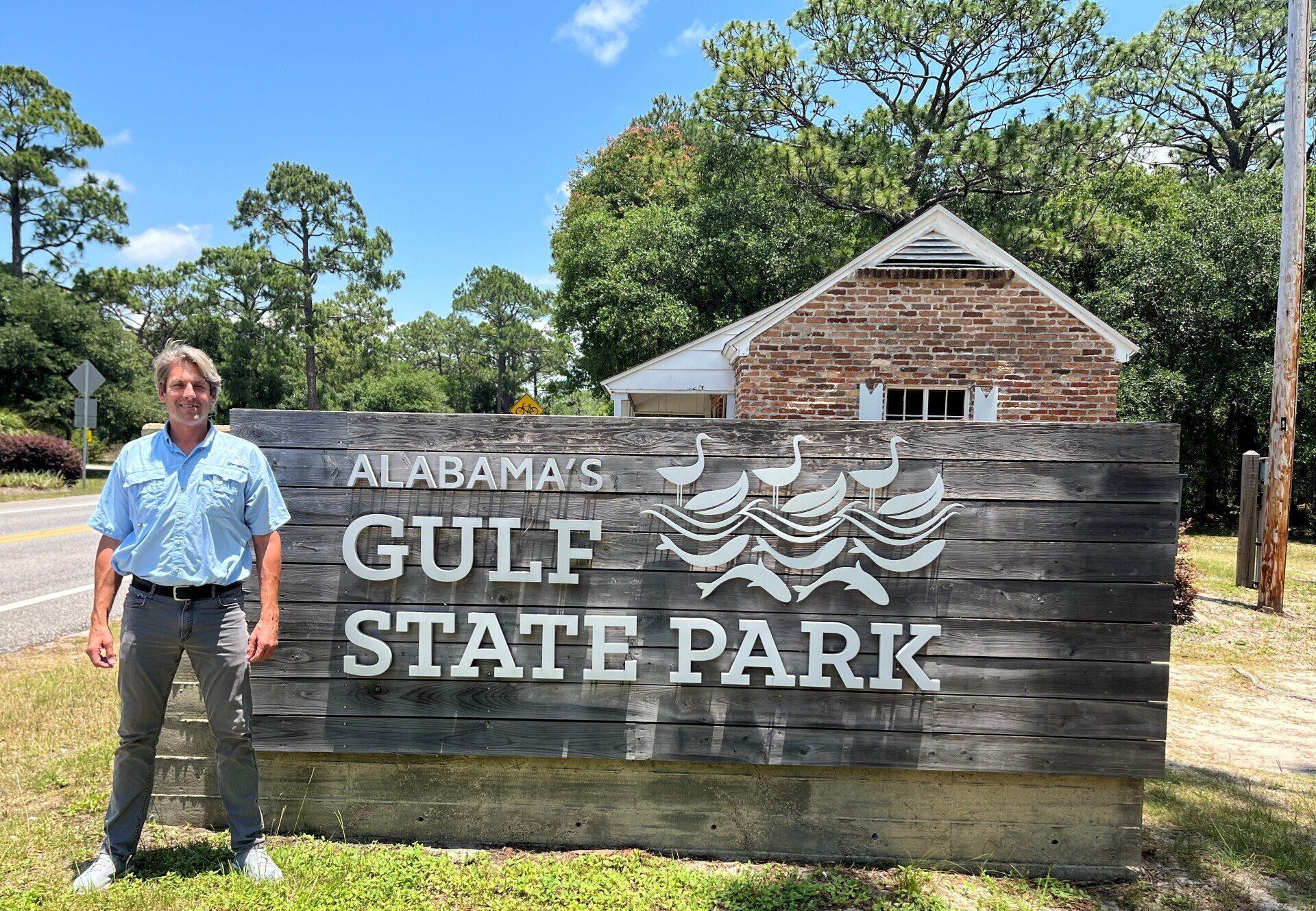
Gulf Shores, Ala. — (OBA) — Alabama State Parks is launching an exciting new program that invites children of all ages to become Junior Park Rangers. The program is completely free and welcomes families, school groups, and youth organizations. Kids don't need any outdoor experience to join. The program is designed...
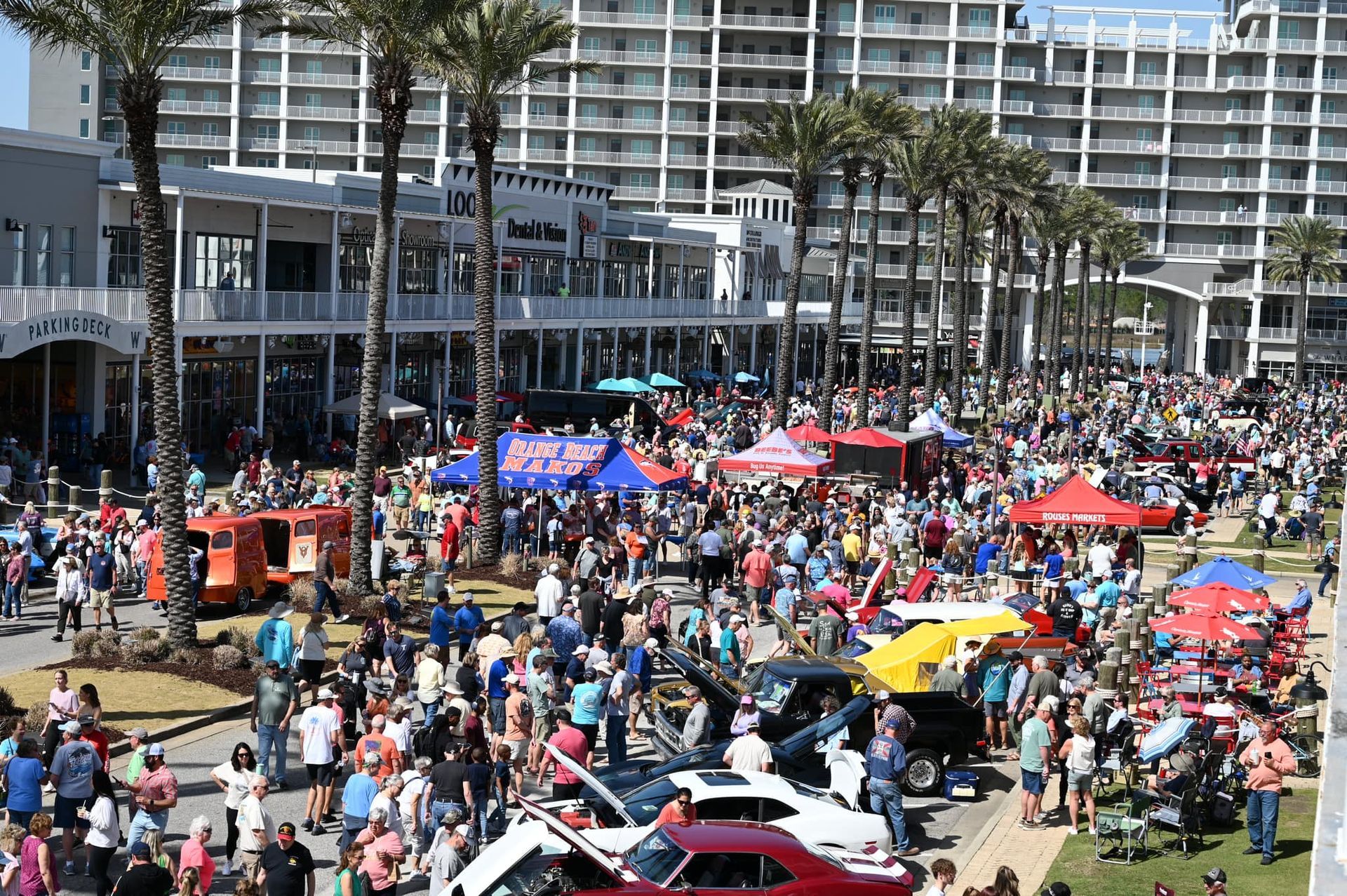
Orange Beach, Ala. — (OBA) — The Wharf will come alive once again as the 34th Annual Orange Beach Seafood Festival and MAAAC Car Show returns this February. The popular event draws thousands each year for a day filled with coastal food, family fun, and impressive classic cars. Visitors will find a lively mix of...

Foley, Ala. — (OBA) — The Friends of the Foley Public Library will once again turn the Foley Civic Center into a bargain hunter’s paradise as thousands of books and other media go on sale to support local literacy efforts. Gently used best-sellers, classics, and specialty titles will fill rows of tables across the...
